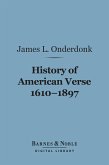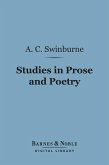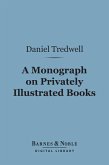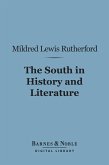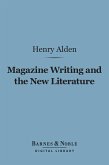This 1912 history of bookmaking surveys the publishing trade from its beginnings, covering block-books, the invention and development of printing, early illustrated books, printing in England, woodcut and engraved illustrations, modern fine printing, and collecting. Pollard argues that modern books are not fine books, and are handicapped by their method of production.
Dieser Download kann aus rechtlichen Gründen nur mit Rechnungsadresse in A, D ausgeliefert werden.





